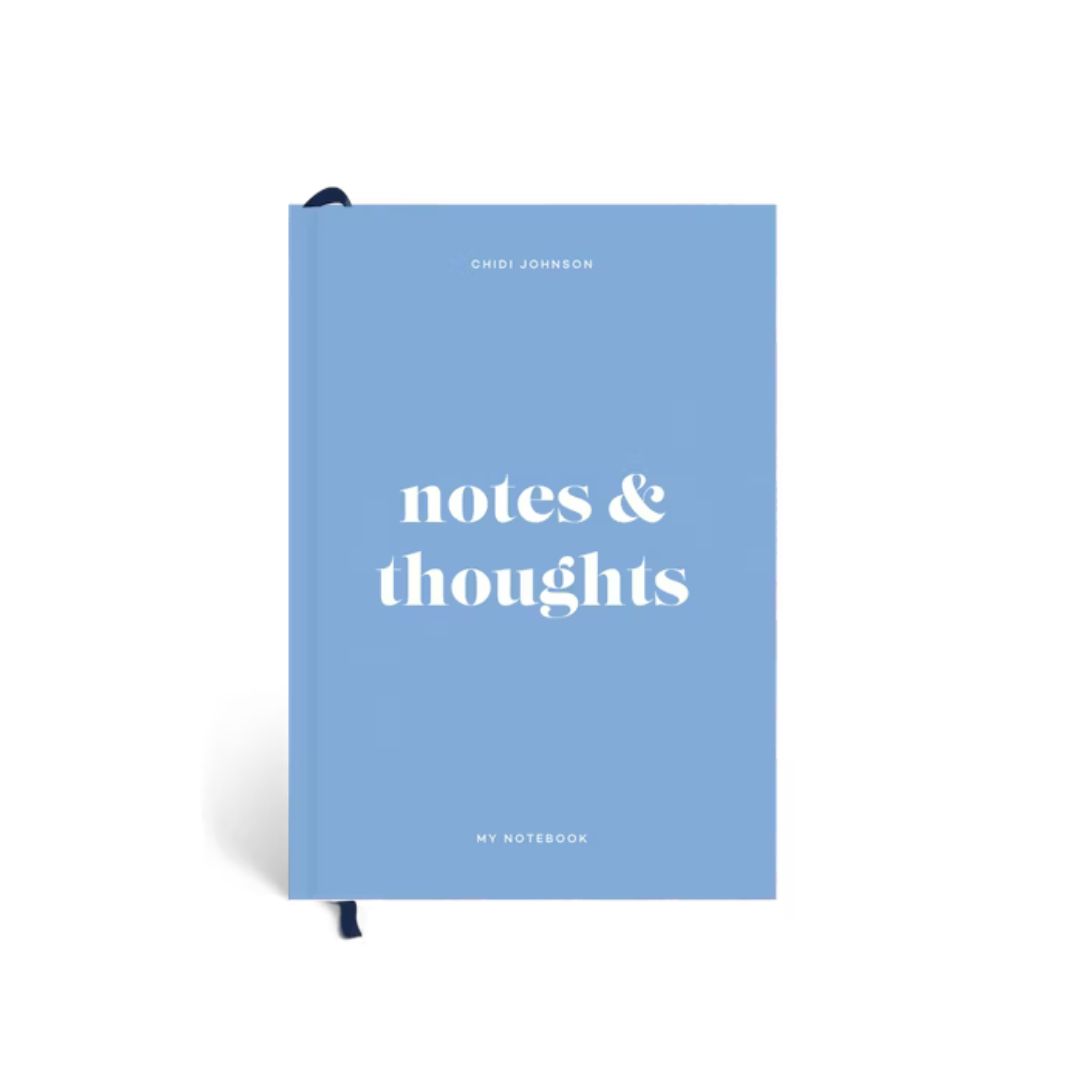Someone who finds the Christmas period stressful? 10 top experts share the stress-relieving hacks they use themselves
According to a psychologist, doctor, hypnotherapist, personal trainer, mindfulness expert, and more.


If you've already found yourself Googling "how to relieve stress quickly," then you'll likely agree with me when I say December often feels relentless. Think the ramped-up schedule, a free-flowing supply of festive booze, family members you don’t usually spend time with and less sleep than usual - whichever way you slice it, it’s a lot. Yes, there are buckets of fun, delicious food, a universal sense of merriment (always a good thing), and an endless stream of snow-filled romcoms, but they don’t always take the edge off.
Let the stats do the talking: a survey from YouGov found that women, in particular, find this time of year a lot. Over half of female participants - 51% - said they experience signs of stress at Christmas, compared to just 35% of men.
That said, it doesn't need to be a solely stressful time of year. If you arm yourself with the right tools and coping mechanisms, we guarantee that you'll be able to enjoy your time off - which is where our experts come in. We've picked the brains of ten knowledgeable industry professionals and asked them to share the simple, actionable tools they use themselves if they're feeling overwhelmed, overcommitted or overstimulated.
Do remember: you’re not alone, if it's all feeling a bit much right now. It’s normal to find the added stress, people and fervour a lot to handle. So, instead of waiting until the proverbial has already hit the fan, let’s learn how to manage stress and break the cycle of anxiety-stress-anxiety repeat together. Don't miss our guides to the best essential oils for stress, stress patches, and stress supplements, while you're here.
How to relieve stress: 10 expert-backed tips
1. Let go of expectations
“Christmas often comes with a lot of expectations for everything to be perfect,” says Dr Elena Touroni, a consultant psychologist and co-founder of The Chelsea Psychology Clinic. “Then, when things don’t go as planned, it can leave us feeling disappointed or like we’ve let ourselves or others down. It’s important to be gentle with yourself and let go of any rigid ideas of what Christmas "should" be like.”
As for Christmas day itself, Dr Touroni suggests taking the pressure off of yourself. “Be realistic about what you can manage and consider doing certain things in advance like prepping vegetables or setting the table. Also, don’t be afraid to delegate," she suggests. "If you find yourself overwhelmed, ask your guests to pitch in with dessert or snacks. Remember, Christmas is about joy and togetherness, not perfection.”
2. Remember the magic number 6
“Use the magic number six,” recommends Dr Alka Patel, biohacking and longevity expert. “Slow your breathing to six breaths a minute (breathing in for four seconds and out for six seconds will get you on the right pace). This activates your parasympathetic, peaceful nervous system and deactivates your sympathetic, stressful nervous system.
Celebrity news, beauty, fashion advice, and fascinating features, delivered straight to your inbox!
“The great thing about using your breath to control your stress during Christmas (and also on Christmas Day) is that no one even knows you’re doing it. Your breath is always with you, it’s a discreet way of staying in control.”
3. Set off on the right foot
The internet is awash with aesthetic (and often lengthy) morning routines that, often, feel quite unattainable. Fortunately, for something to help you feel calmer and more in control, it doesn’t need to be that way. Taking a few moments for yourself at the beginning of the day doesn’t have to be Instagram-ready to be effective.
“Establish a 15-minute self-care ritual to start and finish the day,” says Farzanah Nasser, a nutritionist and functional medicine practitioner. “This ritual could involve creating a calming drink to support the nervous system (Nasser recommends the Aduna Mind Superfood Blend) and taking a couple of deep breaths as you enjoy the drink." Her advice? Aim for a slightly longer exhale than inhale, as this can tip the body into a parasympathetic state, also known as the rest and digest state.
“Once you’ve finished your drink and breathing exercises, it can be great to make a to-do list of what needs to be done," the expert continues. Something as simple as a list can help to create the feeling of structure and allow for less stress and panic, she shares, and will also help you to tick things off as they get done, which can help feel more accomplished. "At the end of the day, repeat the same ritual, just swap your to-do list for a gratitude list of everything that went well during the day," she advises. Got it?
4. Be okay with not being okay
Christmas is a busy time, so know that you may face multiple triggers. "Expecting yourself to be fine may cause unnecessary stress,” advises Dr Safia Debar, a GP who specialises in stress management at Mayo Clinic Healthcare in London. “It’s okay and normal to not be fine or to experience conflicting emotions," she continues.
Her advice on managing your stress levels and maintaining your mental health over the Christmas period? Try to carve out as much time as possible to regulate, pause and take a deep breath to recalibrate. "If you’re feeling angry or triggered, consider journaling for anxiety - in other words, jotting down your thoughts and what they might mean," she advises. Failing that, move your body, she goes on. "Go outside and take a breath – the cold air can help to reset."
Where possible, her top tip is to try and pause before reacting. “A lot of stress is created because of what we think should happen and the expectations we have. By setting realistic expectations (of Christmas but also ourselves) or, even better, going with what is, we automatically reduce the negative burden of stress," she concludes.
5. Have realistic expectations of yourself and your body
One of the most taxing aspects of Christmas? Anticipating and dealing with the emotional stress of conflict with your loved ones, describes Professor Zoltan Sarnyai, a Harvard-trained neuroscientist and chief scientist at Ally. Similarly, not having your loved ones around can feel particularly difficult at this time of year.
“Leading up to Christmas, this anticipatory anxiety can build up, often culminating at the family dinner or, when you don’t have family to have dinner with," he says.
The key, he says, is to shorten the gap between your expectations and reality. So, if your family usually argues over the Christmas period, expecting them not to can only make the reality of them arguing more difficult to deal with. Instead, thinking about how you can maintain your peace and well-being when what is likely to happen does happen, will serve you better.
6. Keep hold of your compassion (especially for yourself)
Having compassion for ourselves is hard, especially when many of us have a vocal and harsh inner critic. But positive psychologist, founder of Mind Ninja and author of Navigating A Squiggly Life Toolkit Dr Mahrukh Khwaja says it’s crucial.
“When we are self-critical, our body reacts by producing a cascade of hormones like cortisol, the stress hormone," they share. That said, practising self-compassion is key and encourages positive emotions through oxytocin release. "Self-compassion means that we speak to ourselves with the same loving kindness we show our loved ones. This could be by validating the stress you feel and offering words of support or offering physical gestures like squeezing your arm.”
Not sure where to start? Our guide to the best self care ideas might help.
7. Set boundaries about your body and food choices
It’ll come as no surprise that we think the choices you make about how much you eat, when you eat and what types of food you eat are totally up to you. Your relationship with food is deeply personal and other people’s opinions are persona non-gratis, thank you very much.
Dr Romi Ran, a clinic psychologist who specialises in working with people with food, eating and body image issues, agrees - but stresses that this time of year might be difficult for the best of us. “It’s not uncommon for family and friends to comment on your eating habits or body during holiday gatherings. Remember, you have the right to establish boundaries. Politely, yet firmly, let others know that your eating habits and body are not topics for discussion. This practise is a fundamental part of respecting your personal space and choices.”
8. Establish pockets of reflection
Dr David Spiegel, a Stanford University Psychiatrist and founder of self-hypnosis app Reveri, says that finding moments to reflect can be transformative at Christmastime.
“It helps to recognise that Christmas can be stressful," he says. That said, being intentional and focusing on what you want to do and enjoy is key, he goes on. “Hypnosis can also help you to look forward to and enjoy the holidays more as it can improve focus, reduce stress, help with eating intuitively and better your sleep quality."
Not your cup of tea? It can be as simple as focusing on what you plan to enjoy and who you want to spend time with. Why? Well, "Doing this can help put your body and mind in a calm, comfortable place."
Try this: Take small "time outs" to help you move past the obligation and pressure of Christmas itself.
9. Relax into the moment
For Josh Davies, a personal trainer at Omni-Wellness, practising mindfulness can help to reduce stress and anxiety. “Mindfulness involves focusing on the present moment and paying attention to your thoughts, feelings and sensations without judgment," he shares.
Why should you give it a try? Well, by being fully present and aware, you can reduce stress and anxiety and enjoy the holiday season more fully. "Mindfulness allows you to let go of worries about the past or future and instead savour the joy and beauty of the present moment," he goes on. "It also helps to cultivate a sense of calm and gratitude and promotes a greater sense of wellbeing.”
10. Return to your mantra
“Create a mantra or positive statement to repeat to yourself this Christmas,” suggests Chloe Brotheridge, a hypnotherapist for anxiety and the author of The Anxiety Solution. "Repeat your mantra to yourself to help you to feel more capable and calm.”
Try and go for something that captures what you'll need to remember during stressful moments, like:
- "Good enough is always enough"
- "I've got this"
- "Deep breaths bring me back to the present."
Shop MC UK's go-to stress relieving products now:

This advanced superfood blend from Aduna is nutritionist and functional medicine practicioner Farzanah Nasser's favourite. It's calming, chocolatey, and supports the nervous system - what's not to love?
How can I relieve stress fast?
The simplest ways to relieve stress are to breathe, journal, take a time out, or get some movement in. That said, how you relieve stress will vary to, say, your best friend, and what's key is working out what works for you.
Senior Health Editor Ally Head loves heading out for a run when her stress levels are high. Others wouldn't be able to think of anything much worse and would rather opt for a calming soak in the bath.
Morgan Fargo is a freelance beauty editor and wellness journalist who has worked extensively on creating beauty and lifestyle content for titles such as Stylist Magazine, Women's Health Magazine, Harper's Bazaar, Elle and more.


